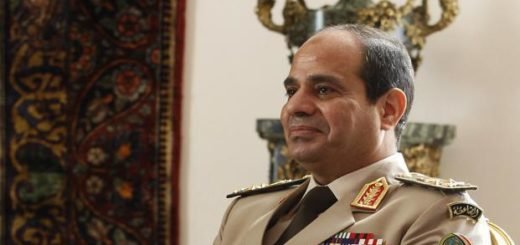Mr Annan, who died in a hospital in Switzerland, was one of the world’s most celebrated diplomats.
The current UN secretary-general, Antonio Guterres, described his predecessor as “a guiding force for good”.
Mr Annan spent almost his entire career as an administrator in the UN and served two terms as secretary-general from January 1997 to December 2006.
He was awarded the Nobel Peace Prize in 2001.
His death was first announced by the UN Migration body, which tweeted: “Today we mourn the loss of a great man, a leader, and a visionary.”
It went on: “A life well lived. A life worth celebrating.”
Speaking moments after the announcement, UN special envoy Peter Thompson told Sky News: “He was one of the great diplomats of our time.”
Remembering Mr Annan’s Nobel prize, Mr Thompson said: “He was one of our greats.”
And he added: “As a Ghanaian – a son of Africa – it is a wonderful thing to see in one of the top world positions… he carried on the legacy of Nelson Mandela… and he definitely has a place in history in that regard.”
The Kofi Annan Foundation said in a statement that wife Nane and their children Ama, Kojo and Nina were by his side during his last days.
“Kofi Annan was a global statesman and a deeply committed internationalist who fought throughout his life for a fairer and more peaceful world,” it said.
“During his distinguished career and leadership of the United Nations he was an ardent champion of peace, sustainable development, human rights and the rule of law.”
Mr Annan was born in 1938 in Ghana, the son of a provincial governor.
Before becoming secretary-general, he served as UN peacekeeping chief and as special envoy to the former Yugoslavia, where he oversaw a transition in Bosnia from UN protective forces to NATO-led troops.
The UN peacekeeping operation faced two of its greatest failures during his tenure – the Rwanda genocide in 1994, and the massacre in the Bosnian town of Srebrenica in July 1995.
He presided over the UN during some of its most turbulent times, including the Iraq war when he spoke out against the George W Bush administration after the US invaded Iraq without the approval of the UN Security Council in 2003.
In an interview in 2013, he said: “I think that my darkest moment was the Iraq war and the fact that we could not stop it.”
In his memoir he wrote: “I worked very hard – I was working the phone, talking to leaders around the world. The US did not have the support of the Security Council.
“So they decided to go without the Security Council. But I think the council was right in not sanctioning the war.”
In his final speech as secretary-general in 2006 he accused the US of committing human rights abuses in its so-called war on terror.
Tributes have been pouring for Mr Annan, including from former prime minister Tony Blair who tweeted: “I’m shocked and distressed to hear the news about Kofi. He was a good friend whom I saw only weeks ago.
“Kofi Annan was a great diplomat, a true statesman and a wonderful colleague who was widely respected and will be greatly missed. My deepest sympathy go Nane and his family.”
Mr Blair’s successor Gordon Brown and his wife Sarah wrote: “A leader of leaders, a titan amongst world statesman, a wonderful humanitarian and the most compassionate and caring of individuals. Kofi Annan will be sorely missed.”
Mr Guterres, the current UN chief, said: “In many ways, Kofi Annan was the United Nations. He rose through the ranks to lead the organisation into the new millennium with matchless dignity and determination.
“Like so many, I was proud to call Kofi Annan a good friend and mentor.”
Ghana’s president Nana Akufo-Addo has declared a week of mourning to mark Mr Annan’s death. He said Mr Annan was the first from sub-Saharan Africa to hold the top UN job.



















